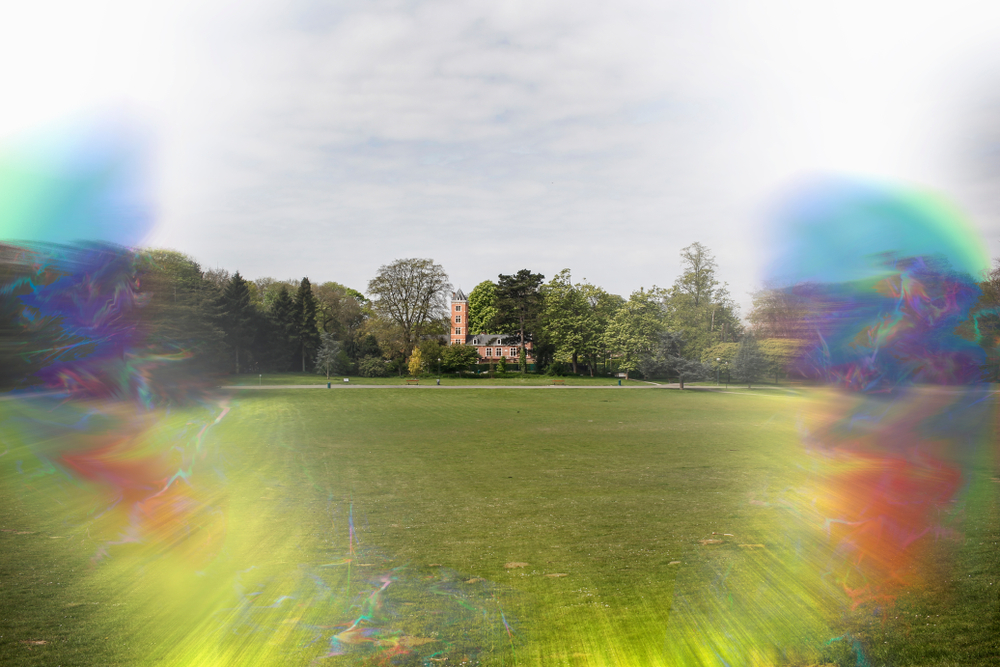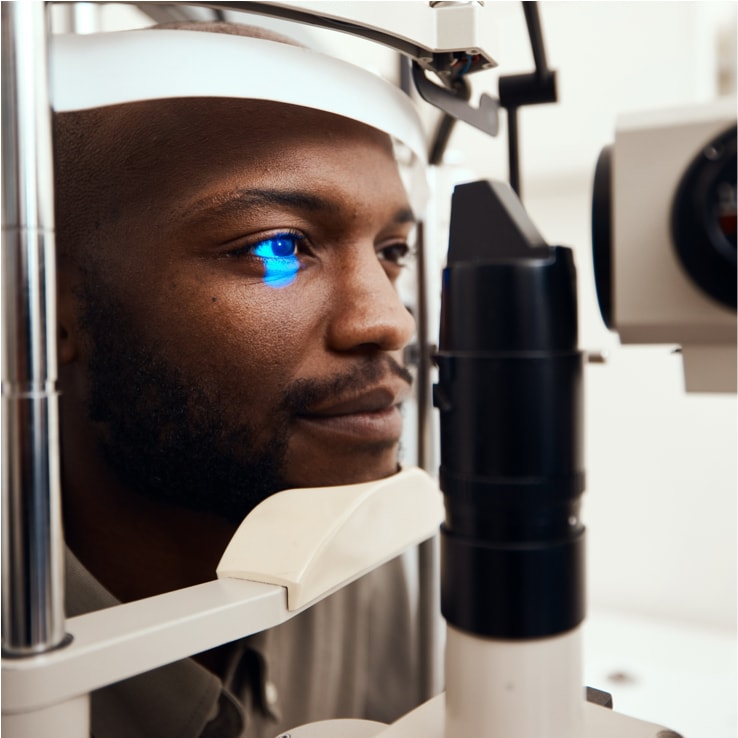Have you ever noticed small specks or spots in your vision that seem to move as you try to focus on them? These are known as “floaters,” and they are a common occurrence that many people experience. Floaters can be accompanied by blurred vision, which can make it difficult to see clearly. While floaters and blurred vision are often harmless, they can also be a sign of an underlying eye condition that requires medical attention. Understanding the causes and potential implications of these visual disturbances is crucial for maintaining good eye health and seeking appropriate treatment if necessary.
Common Causes of Floaters and Blurred Vision
Floaters and blurred vision can be caused by a variety of factors, ranging from natural aging processes to more serious eye conditions. Some of the common causes include:
- Age-Related Changes: As you grow older, the vitreous (the gel-like substance that fills the inside of your eye) can start to shrink and pull away from the retina. This can cause the vitreous to become more liquid-like, leading to the formation of floaters.
- Eye Injuries or Trauma: Injuries to the eye, such as a blow or a cut, can damage the vitreous and cause the formation of floaters.
- Posterior Vitreous Detachment (PVD): This is a condition where the vitreous gel separates from the back of the eye, which can lead to the appearance of floaters.
- Retinal Tears or Detachment: If the retina, the light-sensitive layer at the back of the eye, becomes torn or detached, it can cause both floaters and blurred vision.
- Eye Inflammation or Infection: Conditions like uveitis (inflammation of the uvea, the middle layer of the eye) or endophthalmitis (inflammation of the inner eye) can cause floaters and blurred vision.
- Macular Degeneration: This is a condition that affects the macula, the central part of the retina, and can lead to blurred vision and the appearance of blind spots.
- Diabetic Retinopathy: Uncontrolled diabetes can cause damage to the blood vessels in the retina, leading to the formation of floaters and blurred vision.
- Cataracts: As the lens inside the eye becomes cloudy, it can cause blurred vision and make it difficult to see clearly.
The Importance of Early Detection and Diagnosis
Early detection and diagnosis of the underlying cause of floaters and blurred vision are crucial for maintaining good eye health and preventing potential complications. Some eye conditions, such as retinal tears or detachment, can lead to permanent vision loss if left untreated.
By seeking medical attention promptly, your optometrist can perform a thorough examination and order appropriate tests to identify the root cause of your visual disturbances. This allows for timely intervention and the implementation of effective treatment strategies, which can help preserve your vision and prevent further deterioration.
Treatment Options for Floaters and Blurred Vision
The treatment options for floaters and blurred vision will depend on the underlying cause of the condition. For mild or age-related floaters that do not significantly interfere with your vision, your optometrist may recommend simply monitoring the condition and providing guidance on managing the symptoms.
In some cases, such as eye inflammation or infection, your eye doctor may prescribe eye drops or oral medications to address the underlying condition.
For conditions like cataracts or macular degeneration, your eye doctor may recommend the use of vision aids, such as magnifiers or specialized lenses, to help improve your visual acuity. It’s important to work closely with your eye doctor to determine the most appropriate treatment plan for your specific condition and needs.
Taking Care of Your Eye Health and Preserving Your Vision
Floaters and blurred vision can be a nuisance, but they can also be a sign of more serious underlying eye conditions. By understanding the common causes and seeking prompt medical attention, you can take proactive steps to maintain your eye health and preserve your vision.
At Grove Eye Care, we are dedicated to providing comprehensive eye examinations and personalized treatment plans to address a wide range of vision-related conditions, including floaters and blurred vision. Contact us today to schedule an appointment and take the first step towards maintaining your eye health. Visit our office in Richmond or Midlothian, Virginia. Call (804) 353-3937 or (804) 888-8998 to book an appointment today.

















